Apple will not be granted a trademark for the Touch ID authentication system introduced alongside the iPhone 5s, according to a U.S. Patent and Trademark Office decision revealed Monday, because it could be confused with an earlier Touch ID trademark assigned to timekeeping company Kronos.
The decision — which was made in May but only revealed publicly this week — is based on the "likelihood of confusion" between Apple's application for "Touch ID" and Kronos's granted registration for "Kronos Touch ID." Kronos's system, first released in 2005, is a biometric timekeeping device for employees to clock in and out at their place of employment and will be familiar to anyone who has worked in a large retail chain.
According to the USPTO's rejection letter, when "a mark consists of a word portion and a design portion, the word portion is more likely to be impressed upon a purchaser's memory and to be used in calling for the goods and/or services." This means that the office will generally hold wordmarks, such as Touch ID, to a higher standard than logotypes.
"Applicant's mark does not create a distinct commercial impression because it contains the same common wording as the registered mark, and there is no other wording to distinguish it from the registered mark," according to the letter. "In this case, applicant's mark merely deletes "KRONOS" from the registered mark."
Simply removing a single word is not enough to differentiate the two trademarks, the USPTO argues. Apple has six months from the date of the rejection to either accept the decision or appeal it, meaning the company must respond by Nov. 7.
 Sam Oliver
Sam Oliver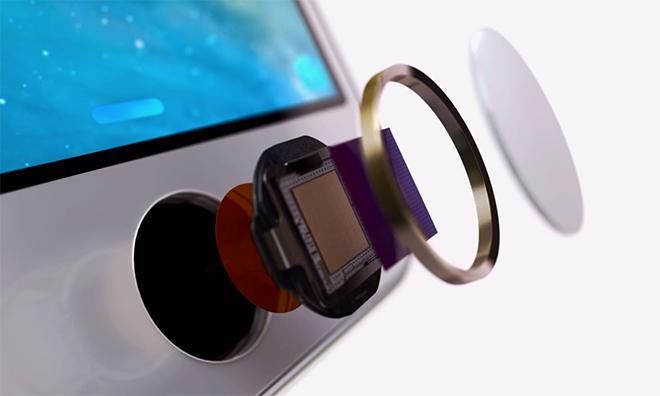

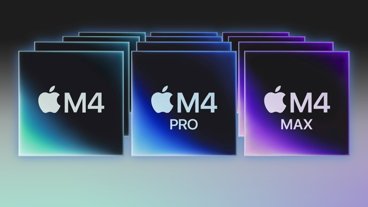
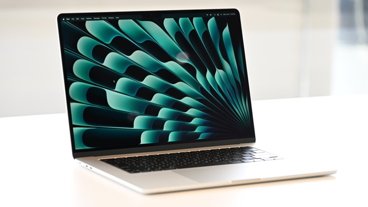
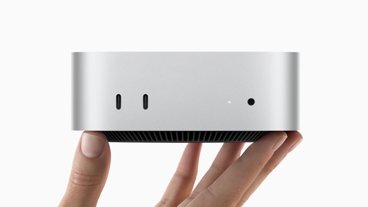
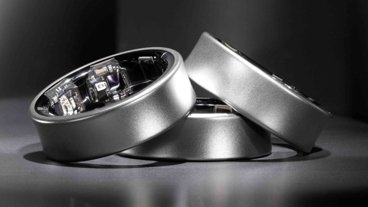
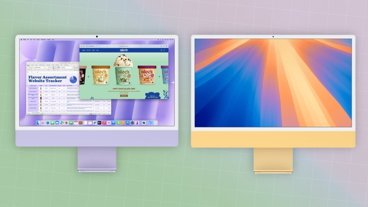


 Bon Adamson
Bon Adamson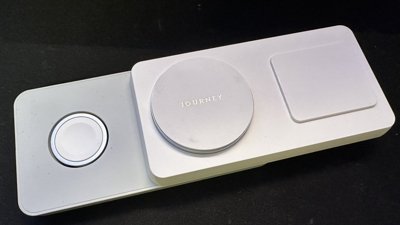
 Thomas Sibilly
Thomas Sibilly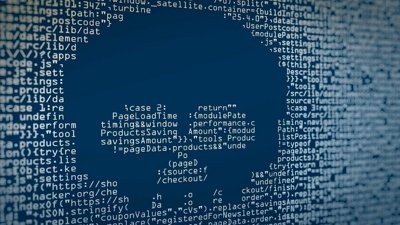
 Marko Zivkovic
Marko Zivkovic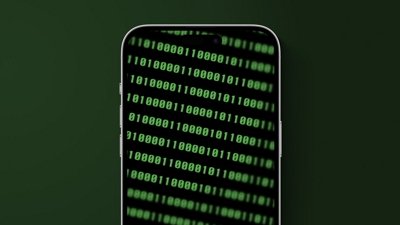
 Wesley Hilliard
Wesley Hilliard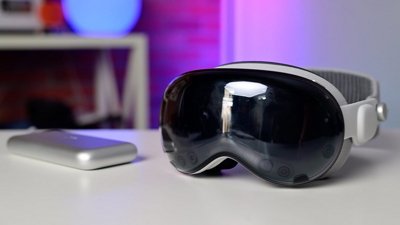
 Andrew Orr
Andrew Orr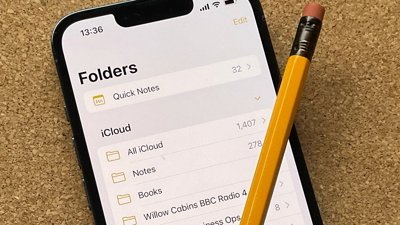
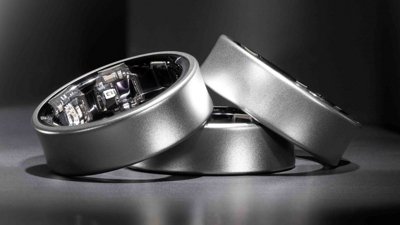

 Christine McKee
Christine McKee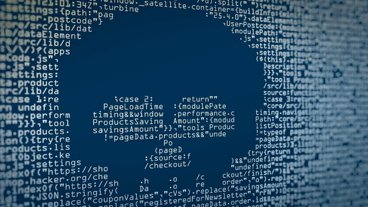
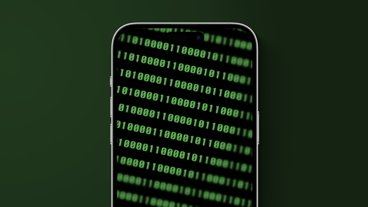
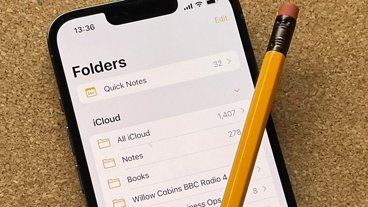



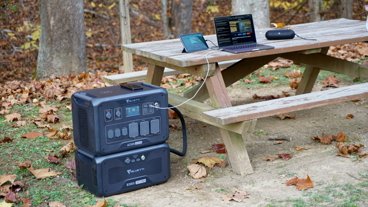
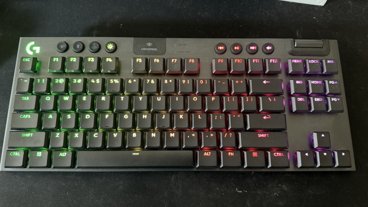
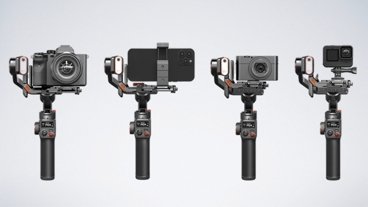

25 Comments
More proof that the entire patent system (and the entire government) in America is completely broken. Nobody is going to confuse some clunky timecard system hanging on the wall at their office with Apple's svelte Touch ID fingerprint unlocking system for the iPhone.
Confusion? USPTO may be right. Remember this is about the American consumer.
Per that final comment, Apple will gain this trademark via filing a lawsuit or having one filed. Because that is actually what happened with Cisco. Apple tried to buy the trademark since Cisco wasn't actively using it. But Cisco said no and then turned around and announced a product under the name iPhone just days before they were going to lose the mark legally for non use. Apple had filed to gain the mark when Cisco's right had officially expired so Cisco sued to stop it, citing their product announcement. Several trademark experts pointed out that Cisco could easily lose since the product wasn't released yet. So Cisco jumped to settle, agreeing to share the trademark etc. Snd my boyfriend works for one of the biggest retail chains and has never heard the term 'touch id' even uttered and they have been using KRONOS for years. In fact I suspect that few outside of HR have heard the term so Apple might be able to make a very valid argument against the notion of confusion
Well I did clock in on my Touch ID!
More proof that the entire patent system (and the entire government) in America is completely broken. Nobody is going to confuse some clunky timecard system hanging on the wall at their office with Apple's svelte Touch ID fingerprint unlocking system for the iPhone.
Clunky? Do you even know what Kronos produces? Among their many implementations of Touch ID are sophisticated terminals for use in the gaming industry that are used in casinos. The majority of their revenues are from software and services.
Having said that, I am surprised that the trademark office sees confusion where one use of the term is for devices that are sold for use only in business and the other device is essentially a mass-market consumer device.
While much smaller than Apple, Kronos was purchased for $1.74 billion in 2007 by its lead investors. Don't know what it's worth now as it's privately held.
I suspect this will be solved by a licensing agreement, which is fair. After all, Kronos did trademark and use the name first and Apple had to of known that. Just because Apple is Apple doesn't mean that they deserve the trademark more than Kronos does. Just because you're an Apple fanboy doesn't mean the system is broken. The system actually works fairly well for trademarks. It just doesn't work well for patents.